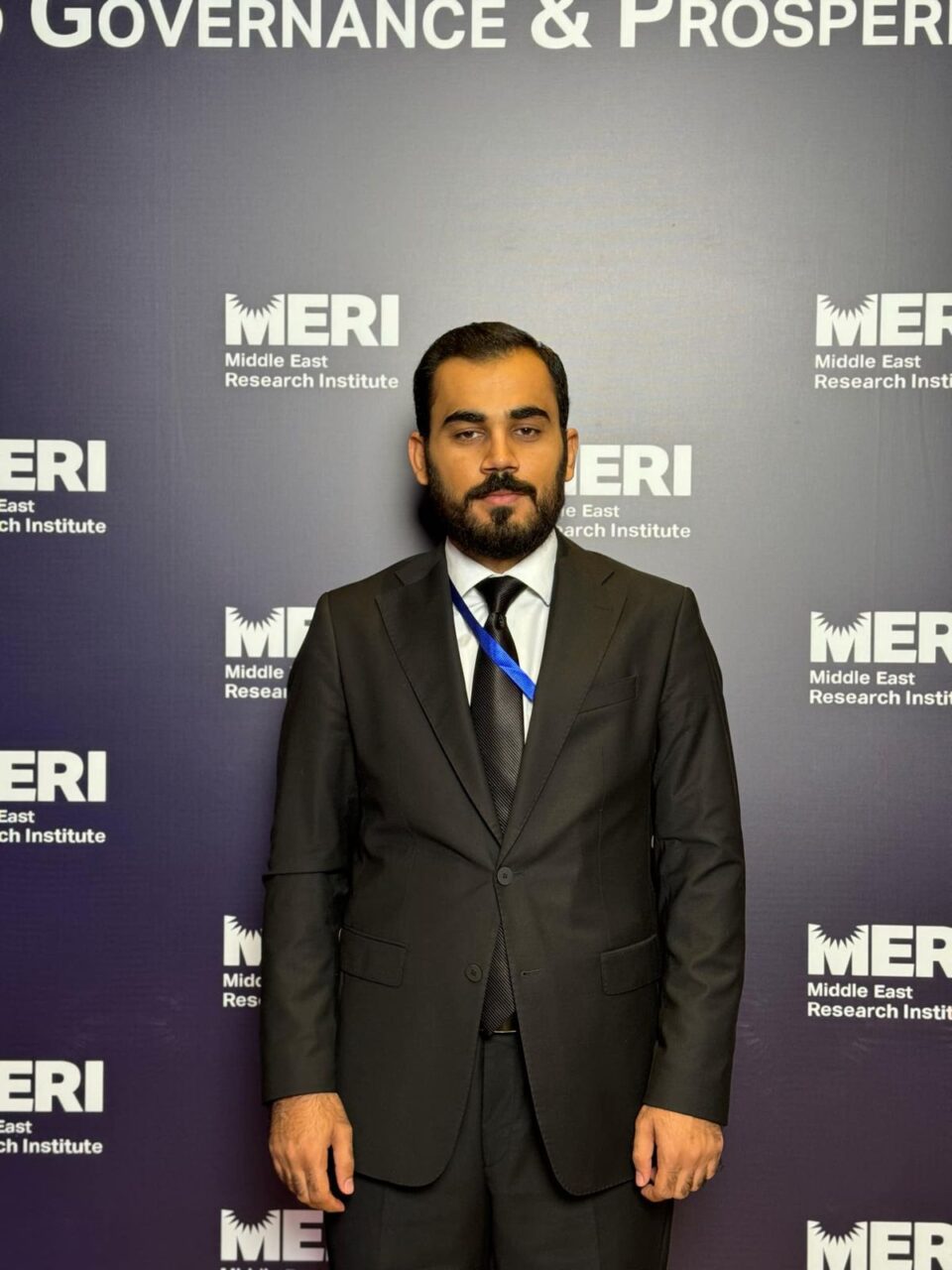An energy and oil sector expert has emphasized the importance of resuming Kurdistan’s oil exports, urging that the obstacles facing this process must be removed.
Barham Gardi, an oil and energy specialist and a master’s student in petroleum engineering, told The Kurdish Globe: “Right now, the United States is placing significant pressure on Iraq to ensure that the Kurdistan Region remains part of the global energy map. This reflects a type of strategic support aligned with Washington’s broader policies, especially for its allies and partners in the Middle East. The goal is to keep them from economic collapse, particularly in the oil market. The U.S. wants its partners to maintain their positions in global oil markets so that others don’t step in. Washington does not want Kurdistan’s oil card to fall into unpredictable hands.”
He added, “Economic and energy stability in this strategic region is crucial. We saw the damage caused when ISIS captured Mosul and seized control of nearby oil fields — it impacted the global economy, driving oil prices down. The market became unstable. That incident proved that every oil barrel matters. OPEC has allocated a specific oil quota to Iraq, currently around 3 million barrels per day. The federal government in Baghdad has already reduced that figure by excluding Kurdistan’s contribution. Therefore, if Kurdistan resumes exports, Iraq will simply need to lower its production further. It’s manageable.”
He continued: “Several major American oil companies are operating in Kurdistan — including HKN Energy, one of the U.S.’s key players in the region. These companies are standing by, awaiting the restart of oil exports from Kurdistan. For the U.S., that matters deeply — because these companies are American, and this is economically and politically important for Washington.”
Gardi also explained that Baghdad’s delay in resuming Kurdistan’s oil exports is largely tied to the nature of the contracts: “Kurdistan’s contracts are structured as production-sharing agreements, which differ from other types of oil deals in Iraq. That’s why the Kurdistan Regional Government is now working to increase transparency in the process to avoid having companies pulled into conflicting negotiations. Before exports were halted, Kurdistan was contributing 250,000 barrels per day to Iraq — yet the companies involved received no fair compensation from the federal government. Iraq must now acknowledge the details of these contracts, including the extraction methods and quality of the oil, as these all affect cost and logistics.”
He noted: “One of the challenges is the extraction process itself. In Kurdistan, oil fields are located in difficult terrain, not like the flatlands of southern Iraq. Sometimes, foreign companies must invest heavily to reach reservoirs situated on mountain slopes, like near Gara Mountain, for example. These are costly operations.”
Gardi further stated: “The recent visit by the delegation from APICOR and their written assessments are very helpful, as they recommend Baghdad engage directly with the companies to clarify what has been invested and under what conditions. Right now, Iraq is under mounting international pressure to resume Kurdistan’s oil exports. Without that pressure, there likely wouldn’t have been a real intention to restart exports — because a certain mindset in Baghdad resists allowing Kurdistan to have a visible role in the global energy market.”
The Kurdish Globe

